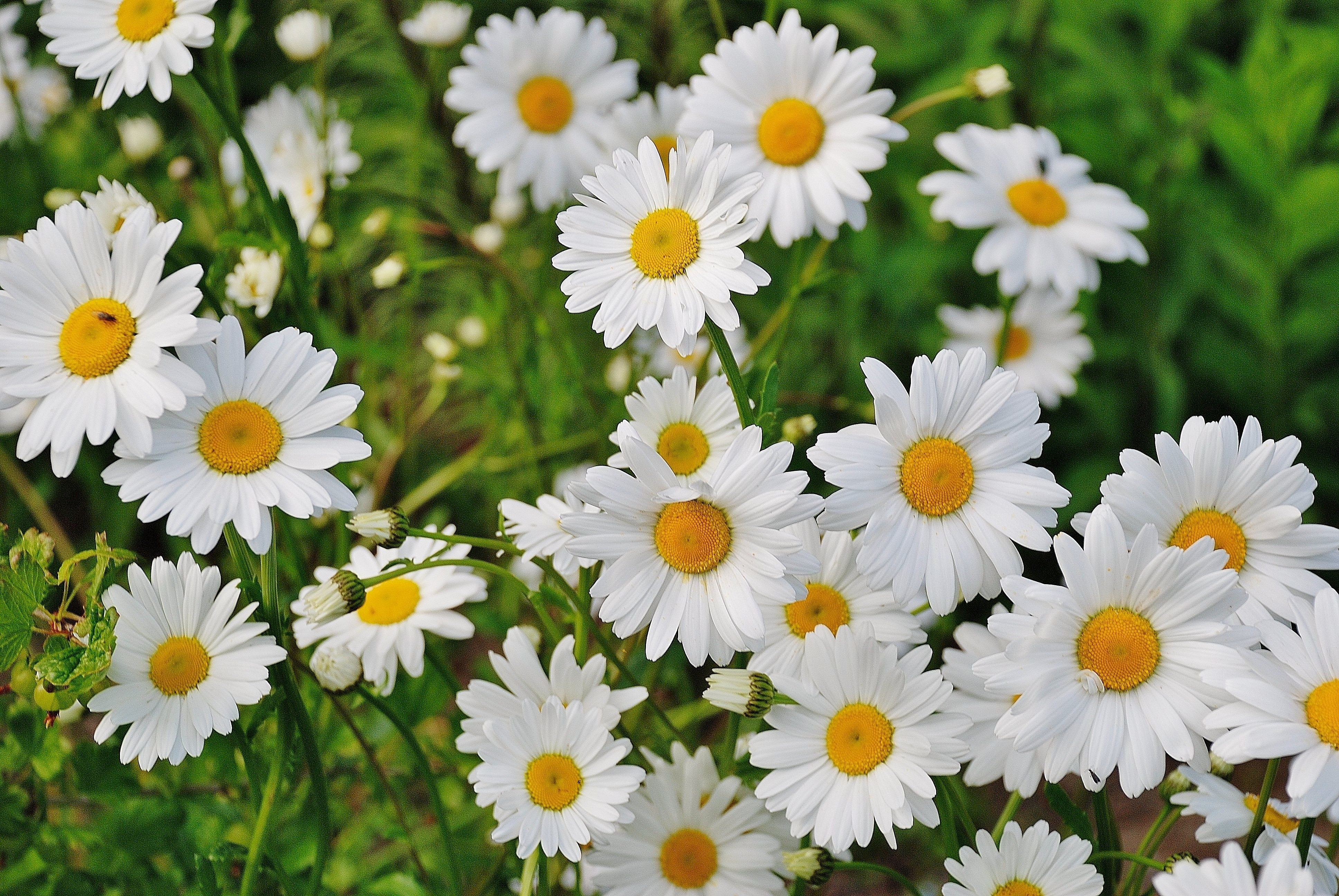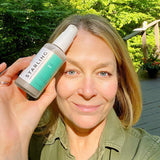You're kidding? Seasonal allergies manifest on your skin? Believe it or not they do.
It turns out they may show up in several ways. This season, I'm feeling it - a lot. Right now, perioral dermatitis brought on by seasonal allergies, is my nemesis. Ever had this? I hope not; it's miserable. Dry flat lesions that populate around your mouth and multiply to other spots typically around the eyes or nose, or both. Uncontrollable. A colony of flat, dry, red, hard to get rid of spots. At first you think it's a zit. Then traditional acne treatments don't work (they burn and exacerbate the area) and THEN you realize this thing is spreading like fire. Itchy, red and sometimes blistery. No fun, no end in sight.
What to do? It turns out, there's not much of a medical protocol for this (steroids and antibiotics is about it, and no guarantee the lesions won't show up again quickly). I've learned the few times this has happened to me, to not stress about it, don't moisturize it and get some calendula. Stay inside and avoid ALL allergens, including pollen. Time, lowering stress levels, and extra sleep heal this for me.
Nathalie's also dealing with skin issues this allergy season. Hers has manifest itself as rosacea. Itchy, red and swollen patches. Sometimes on her face, but mostly on her eye. Her ophthalmologist is now her best friend after many appointments, and slowly things are getting under control. She's happy and able to wear makeup again. But, it's been a slow process.
The takeaway from both of our recent experiences, is that sometimes out of the normal, skin issues lurk, and you can't be sure of the source. That's why it's important to be vigilant. Learn your body's responses to external agitators such as allergies, and find out ways to create comfort for yourself. And know when to see professional help.
Here's a few more common symptoms you might notice happening this spring while the pollen count is high:
1. Red and irritated skin patches: This can be over your entire face or just around your eyes and nose, where you are experiencing watery eyes, runny nose. If you don't have allergic postules (red, raised, itchy, bumps), you can use products containing calendula, aloe and chamomile to help soothe your face. A serum rich in linoleic acid is great to help create a protective barrier to your skin. It will help keep it less affected by pollen and other toxins.
2. Eczema: Is allergic responses to your environment and possibly what you are putting inside your body (food). This is something you should have diagnosed by a professional so you know what you're dealing with. If you know you have eczema, treating your inflammation is very important. If you've been lucky enough to find it, eliminate the source of the irritation. Using products that contain aloe, lavender, calendula and coconut oil can possibly help alleviate inflammation, bring you comfort and help build up your skin's natural protective barrier.
3. Dark circles under the eye area: We've all done it. Rubbed our dry itchy eyes during allergy season. But, did you know by doing so, you are creating dark circles under your eyes, and maybe making your wrinkles worse? Some ways to help alleviate your symptoms? Use dry eye drops/or allergy eye drops to give your some relief. Cold compresses also help. Use a great hydrating product for your sensitive eye area to keep it healthy.
General healthy tactics to help you along as well: Eat an organic, plant-based diet and drink more water than usual to flush your body of the toxins and keep yourself hydrated. Wash your bed linens, hair/body and clothes frequently to remove pollen. Stay relaxed and don't stress. Take a probiotic and some vitamin D (both help keep immune system in check). Stay indoors as much as possible. Lastly, get some sleep! You'll need more when allergens are attacking your body.
It is also very helpful in the allergy season to eliminate skin care products that offer heavy duty exfoliation or retinoids in the formula. These products can strip your skin of it's natural protective barrier. Your best bet is to use gentle, natural products geared towards sensitive skin that help replenish your skin's protective barrier and will not strip it.
Starling's go to items this allergy season, right here 👇








